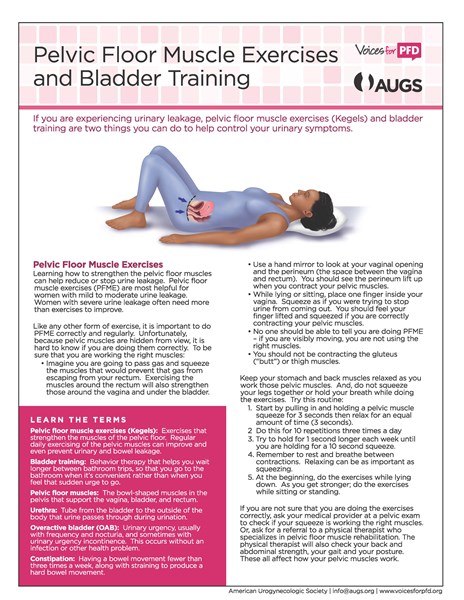
September 3, 2024
Urinary System Incontinence

Stress Incontinence > Truth Sheets > Yale Medication Ladies have one-of-a-kind health events, such as maternity, childbirth, and menopause, that may influence the urinary system and the surrounding muscles. The pelvic flooring muscles that sustain the bladder, urethra, womb (womb), and bowels may become weaker or damaged. When the muscular tissues that sustain the urinary system are weak, the muscle mass in the urinary system should work tougher to hold urine till you prepare to pee. This extra stress or stress on the bladder and urethra can cause urinary system incontinence or leakage.
How Does Giving Birth Cause Urinary System Incontinence?
- It signifies a trouble that can improve with appropriate treatment.
- While stress and anxiety and incontinence don't have to go together, it's easy to see how incontinence can trigger anxiousness-- perhaps even extra anxiety than you started with.
- The Burch treatment, the most typical suspension surgical procedure, includes assistance to the bladder neck and urethra, decreasing the threat of anxiety urinary incontinence.
- Make sure to clear your bladder before going to bed to aid avoid urine leakage in the evening.
Is strolling good for stress and anxiety incontinence?

When Should I See A Doctor About Urinary Incontinence?
If it's not dealt with, CES can lead to irreversible never ever damage and even paralysis. These slim, throwaway pads are for light to moderate urinary system incontinence They function best with women makeup and women's underwear. A little probe is put into the anus for a few mins every day for 8-12 weeks. Urinary urinary incontinence influences twice as numerous ladies as guys. The bladder has muscular tissues that tighten up when you need to pee. When the bladder muscles tighten up, urine is dislodged of your bladder via a tube called the urethra. At the very same time, sphincter muscle mass around the urethra kick back to let the pee out of your body. Everybody might benefit from strengthening their pelvic flooring muscular tissues with pelvic flooring exercises. Tension urinary incontinence is generally the outcome of the weakening of or damages to the muscle mass utilized to stop peeing, such as the pelvic floor muscular tissues and the urethral sphincter.Social Links